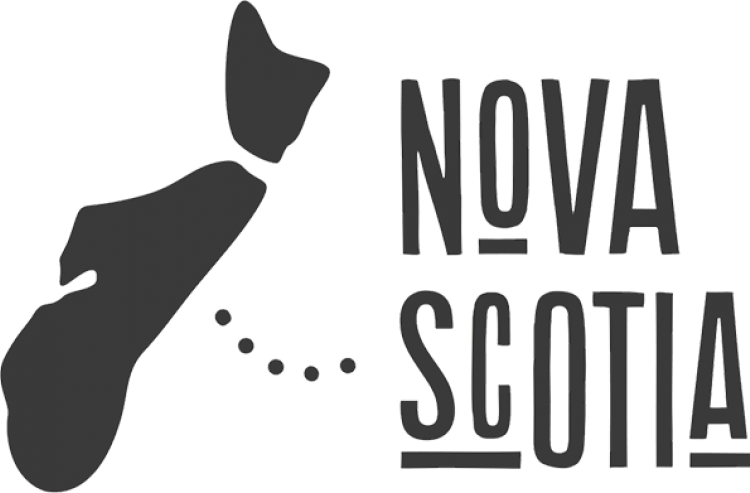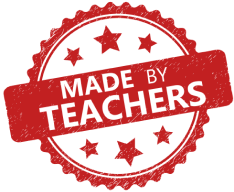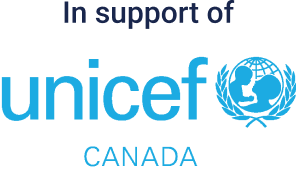Nova Scotia Grade 8

CLICK HERE FOR CURRICULUM CONNECTIONS, LESSONS AND SUPPORT RESOURCES.
Made by a Grade 8 teacher in Nova Scotia.
Kids Boost Immunity (KBI) provides educational content (lessons and support materials) developed by teachers and where needed, health experts, that is directly linked to curriculum and is available completely for free. Each lesson is paired with an online quiz that students can take on a laptop, tablet, or phone. Every time a student scores 80% or higher on a quiz, we donate life-saving vaccines to UNICEF Canada. To learn more about KBI, click here.
Click on the overarching curriculum themes below to see the curriculum outcomes that match KBI educational content. The full Grade 8 Nova Scotia Curriculum Connections document is here.
- Health
-
Curricular outcomes:
- Health- Learners will analyse the relationships between health behaviours and physical, mental, emotional, social, and spiritual health.
- Concepts (and Guiding Questions)
- Healthy Decision-Making
- How do values and culture influence health related decision-making?
- How do the social determinants of health impact health outcomes?
- How does the media influence health related decision-making?
- How can we determine reliable sources of health information from unreliable sources?
- Communicable Disease Prevention
- Why is it important to know how diseases are spread?
- Why are disease prevention methods important?
- Why is it important to know how to prevent the spread of communicable diseases?
- Why is it important to be aware of the information shared regarding vaccines?
- How do vaccines impact community health?
- Skills
- Analyse
- Gather and select appropriate information; determine accuracy, validity, and relevance of the information; identify perspectives; communicate findings
- Investigate
- Ask and revise questions; locate several relevant and dependable details to support an answer; organize and compare details; identify relationships, recognize represented perspectives, and communicate findings.
Applicable KBI lessons:
1. Critical Thinking & Evaluating Information
- Literacy builder worksheet/answer guide
- Lesson worksheet/answers
- Video worksheet/answers
- Inquiry activities/answer guides
- Numeracy activity/answers
2. The Spread of Infectious Diseases
3. The Immune System and How Vaccines Help Prevent Diseases
- Literacy builder worksheet/answer guide
- Lesson worksheet/answers
- Video worksheet/answers
- Health- Learners will analyse the relationships between health behaviours and physical, mental, emotional, social, and spiritual health.
- Science
-
Curricular outcomes:
Science- Healthy Cells, Healthy Systems
- Learners will evaluate ways to maintain and factors that disrupt cell and system health.
- Maintaining Health
- How can we maintain cell and system health?
- How do Mi’kmaw perspectives enrich the understanding of maintaining health?
- Health-related Technology
- How do technologies help us maintain cell/system health?
- How do technologies help us learn about cell/system health?
Science- Climate Change
- Learners will evaluate oceanographic and other evidence of climate change inclusive of a Mi’kmaw perspective.
- Concepts (and Guiding Questions)
- Indicators of Climate Change
- How can evidence be used to determine that the earth's climate is changing?
- How can we measure climate change?
- Community impacts
- How has climate change affected various communities?
- How will climate change affect communities in the future?
- Biological Impacts
- How does climate change impact various living organisms?
- How do organisms respond to climate change?
- Oceanographic Evidence
- How does climate change affect oceans?
- How can oceanographic data be used to determine changes to earth's climate?
- How does climate change impact coastlines?
- Learners will evaluate the impact of human activity on climate change
- Concepts (and Guiding Questions)
- Causes of climate change
- How are human activities linked to climate change?
- How is the impact of humans on climate change measured?
Applicable KBI lessons:
1. Environment & Climate Change
- Literacy builder worksheet/answer guide
- Lesson worksheet/answers
- Video worksheet/answers
- Inquiry activities/answer guides
- Numeracy activity/answers
2. The Immune System & How Vaccines Help Prevent Diseases
- Literacy builder worksheet/answer guide
- Lesson worksheet/answers
- Video worksheet/answers
- Inquiry activities/answer guides
- English Language Arts (ELA)
-
Curricular outcomes:
ELA- Learners will implement speaking and writing strategies for effective communication in relation to audience and purpose.
- Concepts (and Guiding Questions) Communication Strategies
- How does the audience influence my communication strategies?
- How can observing the author’s craft in a range of mentor texts help me to choose effective speaking and writing strategies for my audience?
- Accuracy, Reliability, Validity, and Bias
- How do my experiences and perspectives influence my communication?
- Why is it important to use accurate information in my communications? ▪ How does valid information strengthen my ideas in my communications?
- What strategies can I use to identify reliable sources?
- Why is it important to recognize how my bias impacts my communications?
ELA- Learners will analyse the accuracy, reliability, validity and bias in a range of written, audio, visual, and digital communication forms.
- Concepts (and Guiding Questions)
- Reliability
- How can I use a reliable source to confirm new information?
- How do I know if a source is reliable?
- What do I do if I am not sure if a source is reliable?
- How can the reputation of the source help to determine its reliability?
- Accuracy
- Why is it important to use accurate information?
- How do I know if information is accurate?
- How can I use reliable sources to determine the accuracy of new information?
- How do I use strategies to determine if information is accurate across a range of sources?
- Validity
- How can I develop strategies to determine validity?
- How can I choose valid information from a range of sources?
- How can valid information from a range of sources help to support a question or idea?
- Bias
- Why should I question what I hear, see, and read?
- Why should I question what I think I know?
- How can I consider the voice, perspectives, and points of view represented in a text to determine bias?
- How does bias (stereotyping, attitudes, beliefs, prejudices) in communication forms influence the message?
Applicable KBI lessons:
1. Critical Thinking & Evaluating Information
- Literacy builder worksheet/answer guide
- Lesson worksheet/answers
- Video worksheet/answers
- Inquiry activities/answer guides
- Numeracy activity/answers
2. Navigating the World of Online (Mis)Information
- Inquiry activities
- Concepts (and Guiding Questions) Communication Strategies
- Social Studies
-
Curricular outcomes:
Social Studies- Learners will evaluate the impact of equity and inequity in a changing Canadian society
- Concepts (and Guiding Questions)
- Factors that Influence Equity and Inequity
- Why do we need to identify issues of equity and inequity?
- Why do some groups experience inequity and inequality more than others?
- How does society disrupt patterns of inequity and inequality?
- What factors of inequity and inequality exist in my own community, province, country?
- Resistance to Experiences of Inequity
- Why is it important to consider the perspectives and experiences of others?
- What can you learn from understanding the experiences of others?
- How does an informed understanding lead to the resistance of inequities?
Applicable KBI lessons:
1. Global Inequality
- Literacy builder worksheet/answer guide
- Lesson worksheet/answers
- Video worksheet/answers
- Inquiry activities/answer guides
- Numeracy activity/answers
Curriculum-Related Themes Throughout the Year
- Reflecting on hardships and courage during WWII (November)
-
Applicable KBI lessons:
1. Remembrance Day / Veterans Day / Armistice Day
- Reflecting on leadership qualities that foster kindness (December)
-
Applicable KBI lessons:
1. Christmas in No Man’s Land - Reflecting on Kindness
- Inquiry/creative activities
- Highlighting some key inspirational leaders during Black History Month as well as some experiences of refugees from different parts of the world (February)
-
Applicable KBI lessons:
1. Black History Month
2. Refugee Experiences
- Lesson worksheet/answers
- Inquiry activities
- Celebrating Inspiring Women in STEM (March)
-
Applicable KBI lessons:
1. International Women's Day - Celebrating Inspiring Women in STEM
- Literacy builder worksheets/answer guides
- Numeracy activity
- Inquiry activities
- Understanding communicable diseases and how they are spread, and learning about immunization. Suggested during flu season, immunization awareness week, and school vaccinations (if applicable)
-
Applicable KBI lessons:
1. Immunization Awareness Week
2. The Spread of Infectious Diseases
3. Scientific Curiosity and Vaccine Discoveries
- Literacy builder worksheets/answer guides
- Inquiry activities
- Indigenous History on Turtle Island - pre-contact, contact, treaties, colonialism, The Indian Act (September/June)
-
Applicable KBI lessons:
1. Indigenous History on Turtle Island




